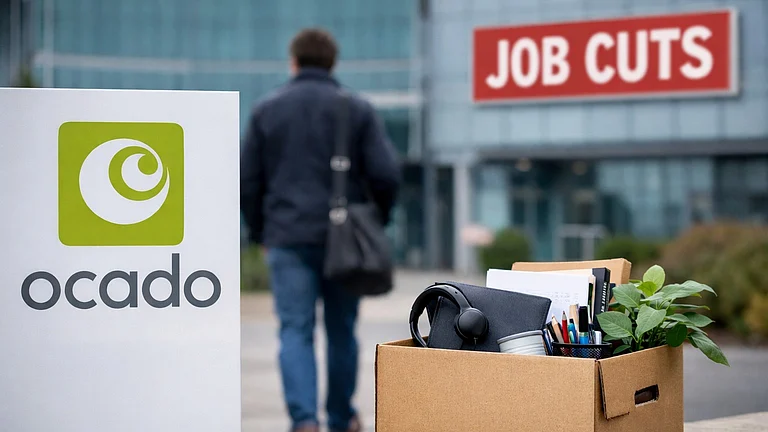The Centre plans to set up a grievance appellate committee to look into appeals filed by individuals against the decisions of grievance officers of social media platforms.
Besides, the panel has to dispose of the appeals within 30 days of receiving them and its decision will be binding on the intermediaries or the large social media companies concerned, according to a notification to amend the Information Technology (Intermediary Guidelines and Digital Media Ethics Code) Rules, 2021.
The proposed move assumes significance against the backdrop of instances of accounts, including that of celebrities, being blocked by social media platforms such as Twitter for alleged violation of respective community guidelines.
"The central government shall constitute one or more Grievance Appellate Committees, which shall consist of a Chairperson and such other Members, as the central government may, by notification in the official gazette," the Ministry of Electronics and Information Technology (Meity) said in the draft notification.
The aggrieved person can appeal against the decision of the grievance officer concerned before the committee within 30 days of receipt of the order.
"The Grievance Appellate Committee shall deal with such appeal expeditiously and shall make an endeavour to dispose of the appeal finally within 30 calendar days from the date of receipt of the appeal. Every order passed by the Grievance Appellate Committee shall be complied with by the concerned intermediary," the draft notification said.
The committee will provide an alternate grievances redressal mechanism but the complainant will also have the right to seek judicial remedy on the grievance at any point of time, as per the draft notification issued on June 1.
The rules for social media companies came into effect from May 26, 2021. It mandated large social media platforms like Facebook and Twitter to enable identification of the 'first originator' of the information that undermines the sovereignty of India, the security of the state, or public order.
Under the rules, significant social media intermediaries -- those with over 50 lakh users -- are required to appoint a grievance officer, a nodal officer and a chief compliance officer. These personnel have to be residents in India.
As per the draft notification, intermediaries have to acknowledge suspension, removal or blocking of any user or user account or any complaint from its users in the nature of request for removal of information or communication link within 24 hours and dispose of the complaint within 15 days.
In the case of any complaints in the nature of request for removal of information or communication link carrying defamatory, obscene, pornographic, invasive of another's privacy, libellous, false and untrue information, those should be redressed within 72 hours of the reporting, according to the draft notification.
Also, the intermediary concerned will be required to take all reasonable measures to ensure accessibility of its services to users along with reasonable expectation of due diligence, privacy and transparency.
"... the intermediary shall respect the rights accorded to the citizens under the Constitution of India," the draft notification said.
Meity has sought comments on the draft notification till June 22.
Since the implementation of the rules in May last year, various social media platforms, including Facebook, have been coming out with monthly compliance reports.
In its compliance report for April, mobile messaging platform WhatsApp said it banned over 16 lakh accounts of Indian users in April to prevent harmful activities on the platform.
There has been a rise of around 37.82 per cent in hate speech on social media platform Facebook and 86 per cent jump in violent and inciting content on Instagram in April, as per the monthly report released by Meta.
Meta company was earlier known as Facebook and WhatsApp is also part of Meta.


























.jpg?w=200&auto=format%2Ccompress&fit=max)




